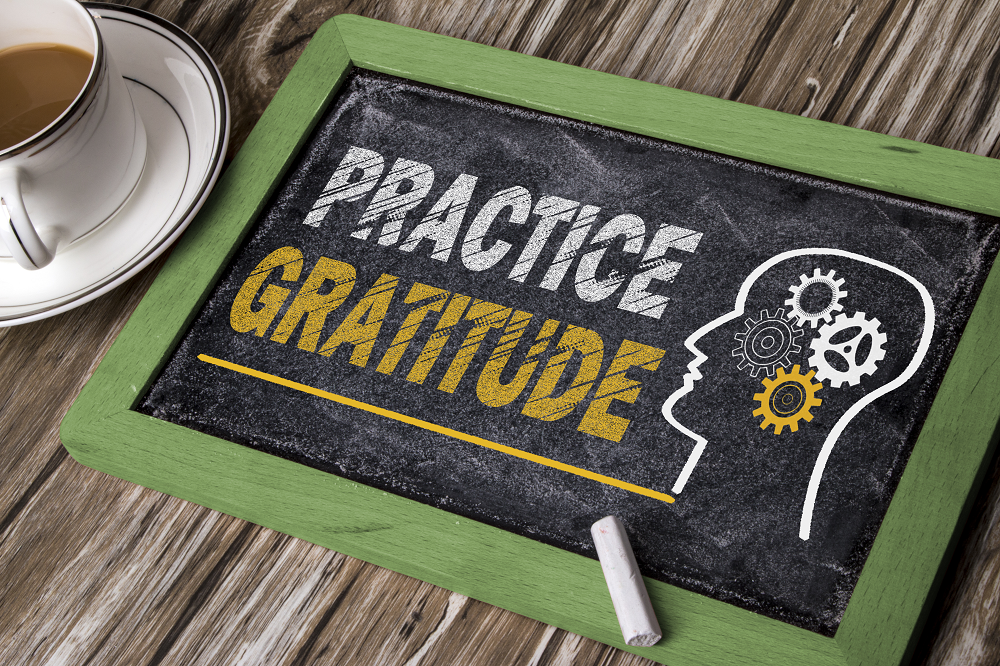During this time of year, the expression of gratitude becomes a subject widely talked about. U.S Thanksgiving is celebrated on the last Friday of November, today in fact. It is a reminder of the importance of taking time to remind yourself of all the things you are grateful for. However, the ability to express gratitude should be practiced on a daily basis and become part of our habits throughout the year. There are just too many positive testimonials and research around its benefits to ignore them.
During those difficult times in my life, it can be easy to feel “stuck”. To focus on what I don’t have and what is not working. The more I focus on the negative, the harder it is to change my mindset. It is during those times where I focus on the many things in my life that I am grateful for. The more I focus on what I do have, instead of what I don’t, the more grateful I feel.
Gratitude is our emotion that relates to our ability to feel and express thankfulness and appreciation. Gratitude shifts your focus from what your life lacks to the abundance that is already present.
What Effect Does This Have and How Being Grateful Can Make a Difference In Your Life?
Research on Gratitude and Positive Emotions
Martin Seligman and colleagues launched the field of “Positive Psychology“. They studied emotions such as gratitude, optimism, forgiveness, happiness, compassion and altruism. At the time, this was a revolutionary idea in the field of psychology since most of the data about human emotion had previously focused on “negative psychology” such as mental illness, trauma, addiction and stress.
In 2007, Robert Emmons began researching gratitude through a psychological lens. He found that expressing gratitude improves mental, physical and relational well-being. Being grateful also impacts the overall experience of happiness, and these effects tend to be long-lasting.
Other Benefits of Gratitude
- Gratitude allows us to celebrate the present.
- The more we appreciate and are grateful, the more benefits we will receive.
- Gratitude blocks toxic, negative emotions, such as envy, resentment, and regret—emotions that can destroy our happiness.
- Grateful people are more stress resistant. There’s a number of studies showing that in the face of serious trauma, adversity, and suffering, if people have a grateful disposition, they’ll recover more quickly.
Ideas to Practice Gratitude
- Keep a gratitude journal
- Remember to Say Thank You
- Reflect on thoughts of positive moments from the day
- Practice not complaining for 1 day, then stretch it to make it 2 and keep going.
- Express or show gratitude to your loved ones.
What are you Grateful for? What do you do to ensure that being grateful becomes a daily habit?

